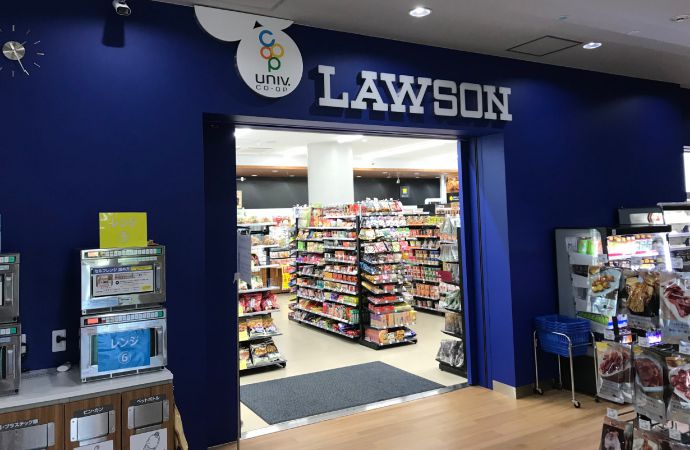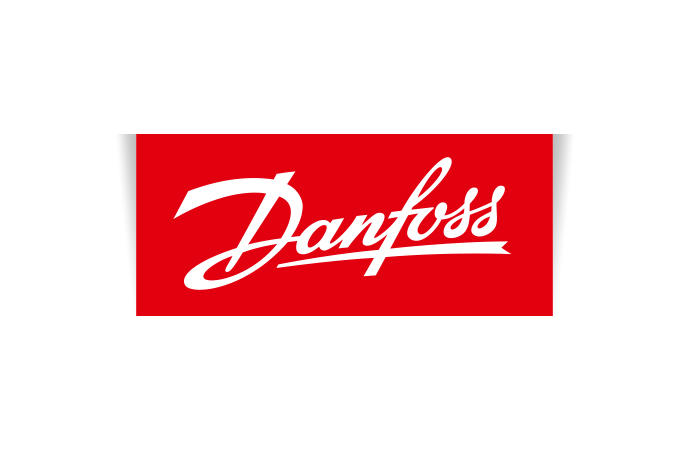While UK retailers have made some progress in reducing greenhouse gases from their refrigeration systems, they largely fail to use natural refrigerants, according to a new survey rating M&S, Tesco, and Asda, among others. The accompanying website “Chilling Facts” urges consumers, retailers and the government to take immediate action.

Although climate-friendly options, such as hydrocarbons, ammonia and CO2, are readily available to replace high global warming hydrofluorocarbons (HFCs) in cooling and freezing, UK retailers are lagging behind their commitments to accelerate the transition to these natural alternatives. The new survey “Chilling Facts: The big supermarket refrigeration scandal” now unveils in detail which retail group is scoring highest for its efforts to use hydrocarbons and other natural refrigerants, and which supermarket is the worst offender among leading stores. Overall, the Environmental Investigation Agency’s (EIA) survey rates the supermarket’s failure to convert stores to climate-friendly refrigerants, provide training, enhance energy efficiency, and reduce direct refrigerant emissions as “hugely disappointing”, given that the UK’s supermarket are now by far the nation’s largest emitter of HFCs.
The results, immediately covered by leading national media, such as the BBC and The Guardian, are the first attempt to quantify an existing and ever-increasing problem so far largely unnoticed by consumers and neglected by both industry and governments. The EIA hopes that drawing the public’s attention to available alternatives, including hydrocarbons, and activating more pressure from government, could help get concrete commitments from retailers to make all new refrigeration systems climate-friendly by end-2009, and all existing equipment by 2012.
The results: UK supermarkets not doing enough
Concretely, the EIA survey ranks the UK’s leading supermarkets in ten categories with a maximum score of 10 in each of them. Out of the potential 100 points to be earned, M&S emerges as the clear leader - with only 42 points:
M&S (42/100): Marks & Spencer has initiated a supplier training programme and features the most ambitious plans for replacing HFCs. However, only 3 out of 620 UK stores are now using climate-friendly refrigerants.
Tesco (32/100): The biggest overall contributor to HFC emissions, due to its large number of stores, ranked second owing to its research into the development of sustainable refrigerants. Moreover, the chain is investing in both practical training and e-learning - two critical measures to accelerate the use of new alternatives. 4 out of 1710 stores are using natural refrigerants.
Asda (24/100): Already lagging behind the top scored brands in terms of alternative refrigerants research, Asda convinced with innovative ideas to improve the refrigerant systems’ energy efficiency. 3 out of 364 supermarkets use non-HFC refrigerants.
Co-operative (23/100): The future use of natural refrigerants looks promising. However, Co-op has not done anything about training engineers which is likely to further delay the early and professional installation of natural refrigerants systems. Co-op was recognised for its use of hydrocarbons in integral back up systems. The retailer is currently developing HC refrigeration systems, but fails to specify by when it will deploy them in up to 1000 stores. For now, only one store out of a total of 2250 is using a natural refrigerant.
Sainsbury (20/100), Morrisons (17/100), Waitrose (12/100): Ranked 5th to 7th, the retail brands either lacked training programmes, did not employ alternative refrigerants at all (Waitrose), or showed no progress on introducing them to transport refrigeration and distribution centres. Waitrose, however, committed to use only natural refrigerants in all regional distribution centres by 2010.
Aldi, Lidl, Somerfield, Iceland: The remaining four brands covered in the survey scored from 1/100 to -1/100 for refusing to participate, and not adding a reference to HFCs or natural refrigerants in the Corporate Social Responsibility (CSR) reports. Iceland earned a minus point for going back from its 1999 commitment.
Immediate action needed
Given the disillusioning results, the EIA has launched a new website to urge all supermarkets to take immediate action now. The “Chilling Facts” campaign addresses one of two major reasons for failure so far: the non-existence of the issue in the public attention. More concretely, the website calls on all retailers to:
1. Publically commit to use only non-HFC new equipment by the end of 2009, and provide a date by which all HFCs will be phased out throughout the entire supply chain.
2. Join the “Refrigerants, Naturally! initiative – already successfully working for major multinationals, including Coca-Cola, McDonalds and Unilever – to bundle resources and drive the use of natural refrigerants.
3. Set up training courses teaching engineers how to handle natural refrigerants and ensure that contractors attend them.
Moreover, the EIA campaign calls on the UK government to take this issue seriously and support supermarkets in moving away from HFCs.
The results, immediately covered by leading national media, such as the BBC and The Guardian, are the first attempt to quantify an existing and ever-increasing problem so far largely unnoticed by consumers and neglected by both industry and governments. The EIA hopes that drawing the public’s attention to available alternatives, including hydrocarbons, and activating more pressure from government, could help get concrete commitments from retailers to make all new refrigeration systems climate-friendly by end-2009, and all existing equipment by 2012.
The results: UK supermarkets not doing enough
Concretely, the EIA survey ranks the UK’s leading supermarkets in ten categories with a maximum score of 10 in each of them. Out of the potential 100 points to be earned, M&S emerges as the clear leader - with only 42 points:
M&S (42/100): Marks & Spencer has initiated a supplier training programme and features the most ambitious plans for replacing HFCs. However, only 3 out of 620 UK stores are now using climate-friendly refrigerants.
Tesco (32/100): The biggest overall contributor to HFC emissions, due to its large number of stores, ranked second owing to its research into the development of sustainable refrigerants. Moreover, the chain is investing in both practical training and e-learning - two critical measures to accelerate the use of new alternatives. 4 out of 1710 stores are using natural refrigerants.
Asda (24/100): Already lagging behind the top scored brands in terms of alternative refrigerants research, Asda convinced with innovative ideas to improve the refrigerant systems’ energy efficiency. 3 out of 364 supermarkets use non-HFC refrigerants.
Co-operative (23/100): The future use of natural refrigerants looks promising. However, Co-op has not done anything about training engineers which is likely to further delay the early and professional installation of natural refrigerants systems. Co-op was recognised for its use of hydrocarbons in integral back up systems. The retailer is currently developing HC refrigeration systems, but fails to specify by when it will deploy them in up to 1000 stores. For now, only one store out of a total of 2250 is using a natural refrigerant.
Sainsbury (20/100), Morrisons (17/100), Waitrose (12/100): Ranked 5th to 7th, the retail brands either lacked training programmes, did not employ alternative refrigerants at all (Waitrose), or showed no progress on introducing them to transport refrigeration and distribution centres. Waitrose, however, committed to use only natural refrigerants in all regional distribution centres by 2010.
Aldi, Lidl, Somerfield, Iceland: The remaining four brands covered in the survey scored from 1/100 to -1/100 for refusing to participate, and not adding a reference to HFCs or natural refrigerants in the Corporate Social Responsibility (CSR) reports. Iceland earned a minus point for going back from its 1999 commitment.
Immediate action needed
Given the disillusioning results, the EIA has launched a new website to urge all supermarkets to take immediate action now. The “Chilling Facts” campaign addresses one of two major reasons for failure so far: the non-existence of the issue in the public attention. More concretely, the website calls on all retailers to:
1. Publically commit to use only non-HFC new equipment by the end of 2009, and provide a date by which all HFCs will be phased out throughout the entire supply chain.
2. Join the “Refrigerants, Naturally! initiative – already successfully working for major multinationals, including Coca-Cola, McDonalds and Unilever – to bundle resources and drive the use of natural refrigerants.
3. Set up training courses teaching engineers how to handle natural refrigerants and ensure that contractors attend them.
Moreover, the EIA campaign calls on the UK government to take this issue seriously and support supermarkets in moving away from HFCs.
MORE INFORMATION
Related stories





